Have you ever heard of ‘soft fascination’? It’s a rather lovely academic research term for what happens when we focus in on cloud patterns, the rhythm of ocean waves, or the veins of a leaf, and rinse our minds of distractions in an effortless preference for noticing the details of nature.
Back in the late 1980s, psychologists Rachel and Stephen Kaplan coined the term ‘soft fascination’ as part of their research into Attention Restoration Theory. They suggested that, after exerting mental energy on work-based tasks, nature could renew and refresh us through gently refocusing our attention.
It can happen in a variety of ways, and you don’t even have to be outdoors for nature to catch your interest. Even looking out at greenery from an office window for a few minutes can serve to reset brains and psyches. Letting your gaze be drawn to a bunch of flowers or a plant on your desk can unbuckle the tension and momentarily free your mind from spreadsheets and reports. In fact chances are, when you turn back to the task, the elusive phrase or calculation you were puzzling over will have resolved itself in your brain’s unconscious ‘back room.’
This week, #NaturePact is all about finding ways to notice nature at work, rest, learning or play. Even in the most built-up environments, you can’t keep nature away. Birds on the telegraph wires. The way the light hits the windows of the apartment building at sunset. Opening a window or going out onto a balcony first thing in the morning, inhaling the fresh air before too much traffic builds up. Nature’s sensory gifts are all around, if only we can train ourselves to pause, and tune into them.
What have you done this week to bring even the smallest detail of nature into your life? We’d love to see! Share by tagging us with your image and adding #naturepact
Koala Eco is the principal campaign partner and supporter for the People and Parks Foundation’s #NaturePact campaign.









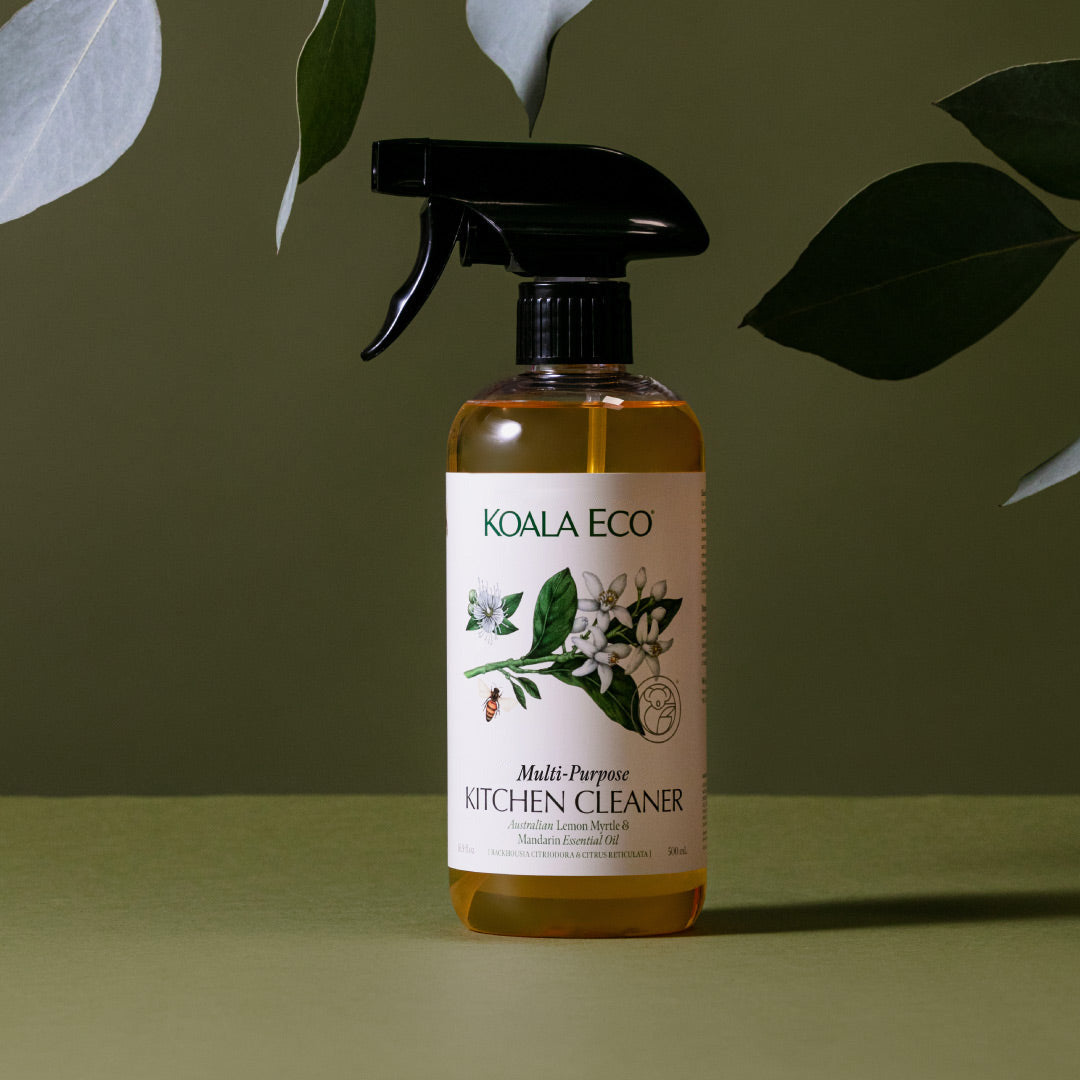
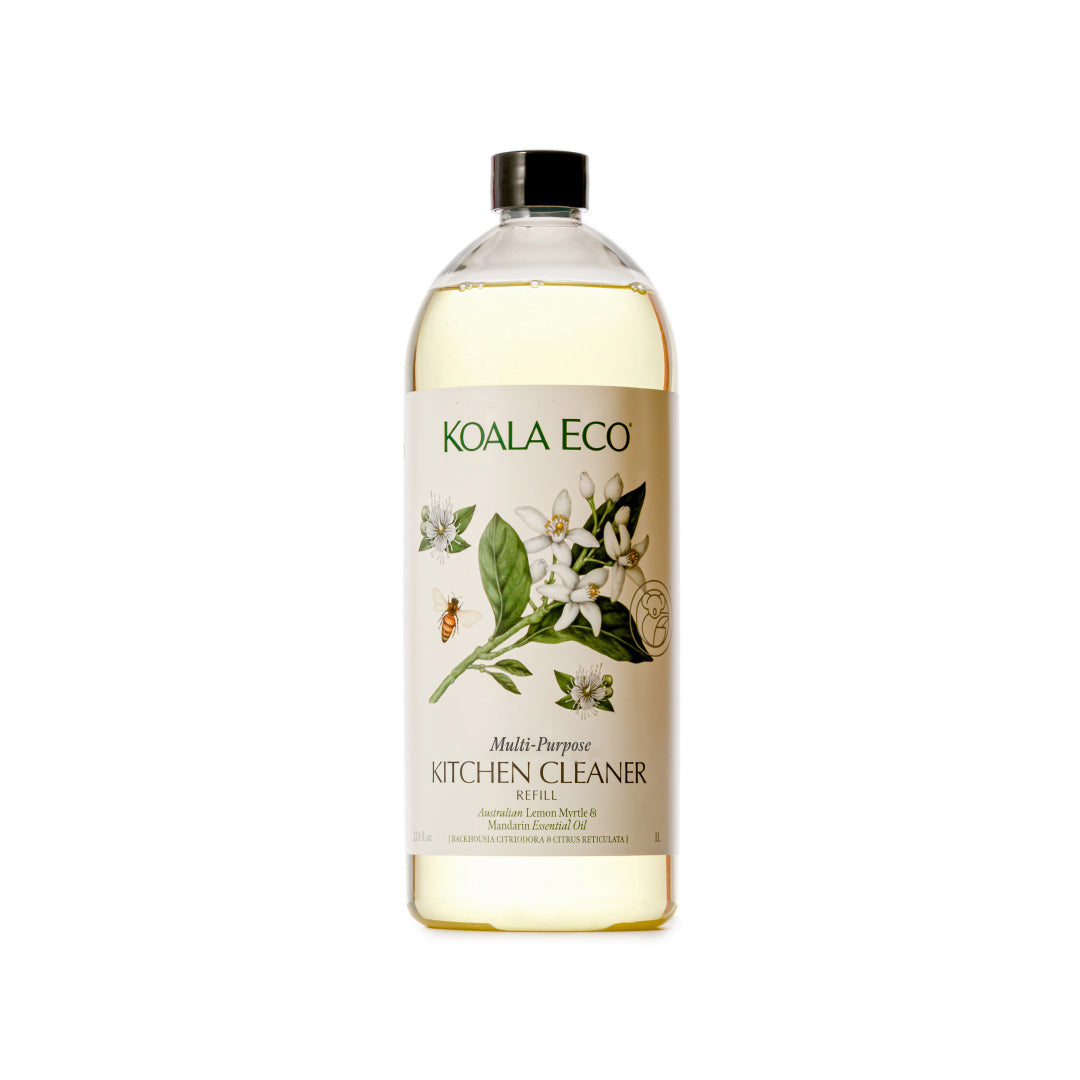
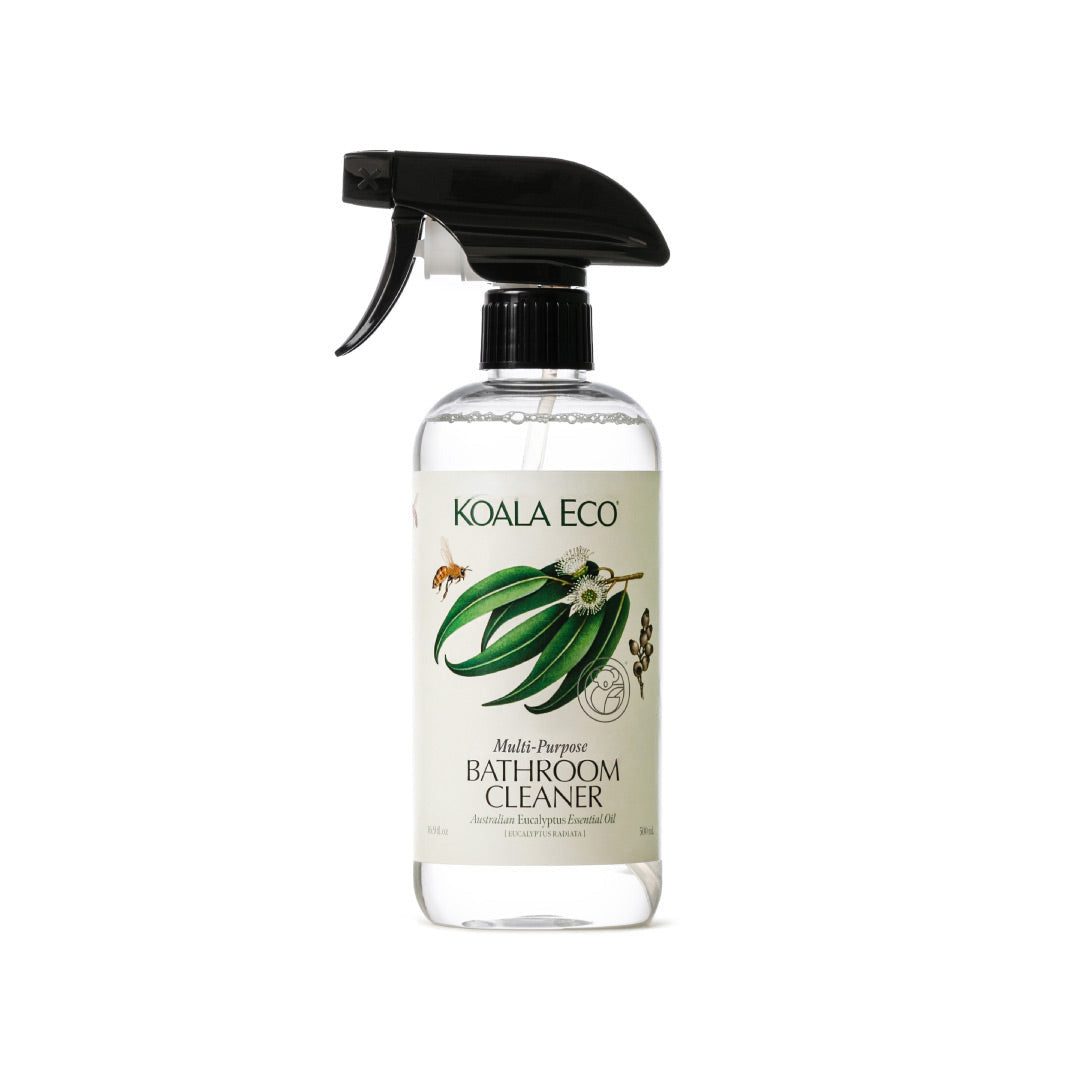
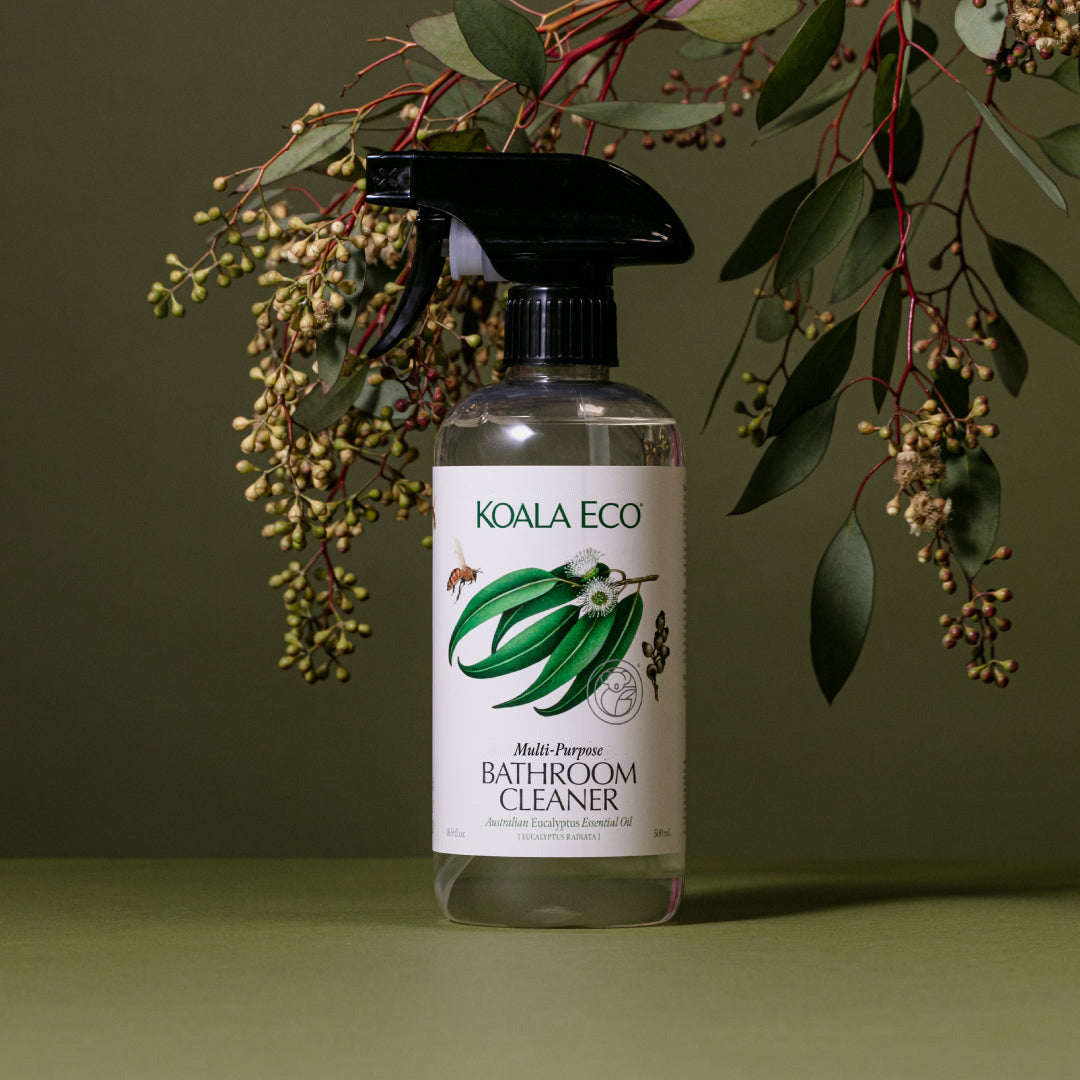
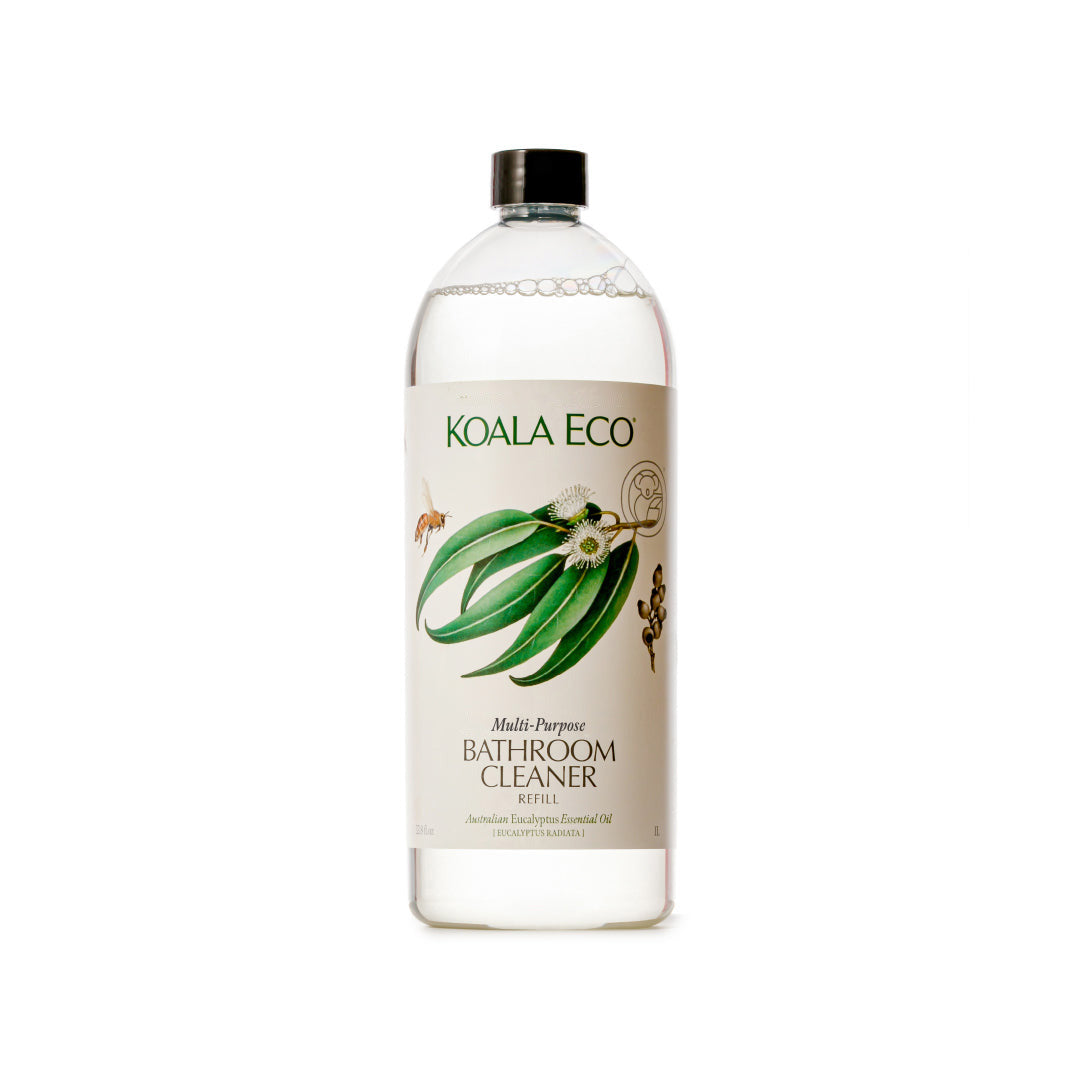
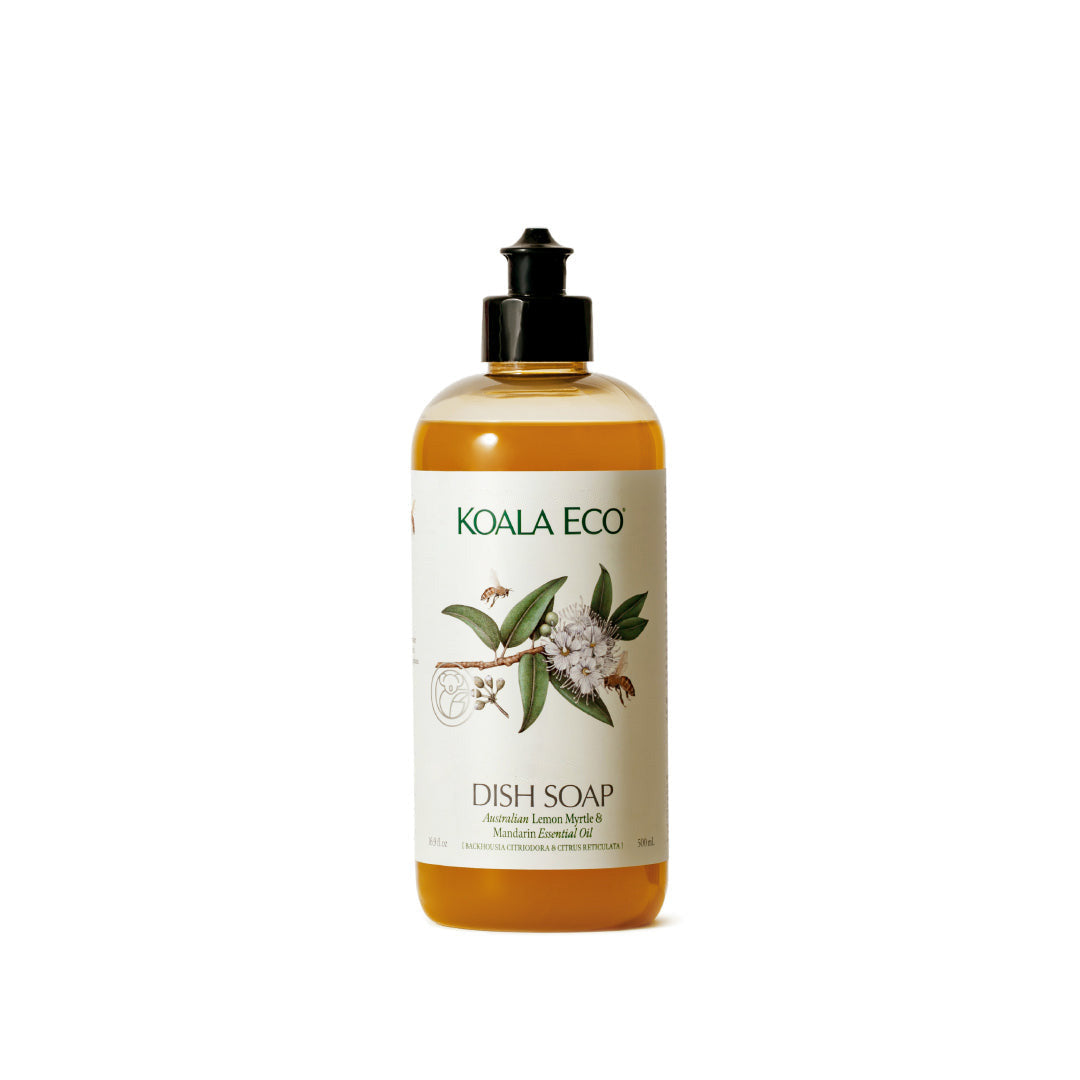






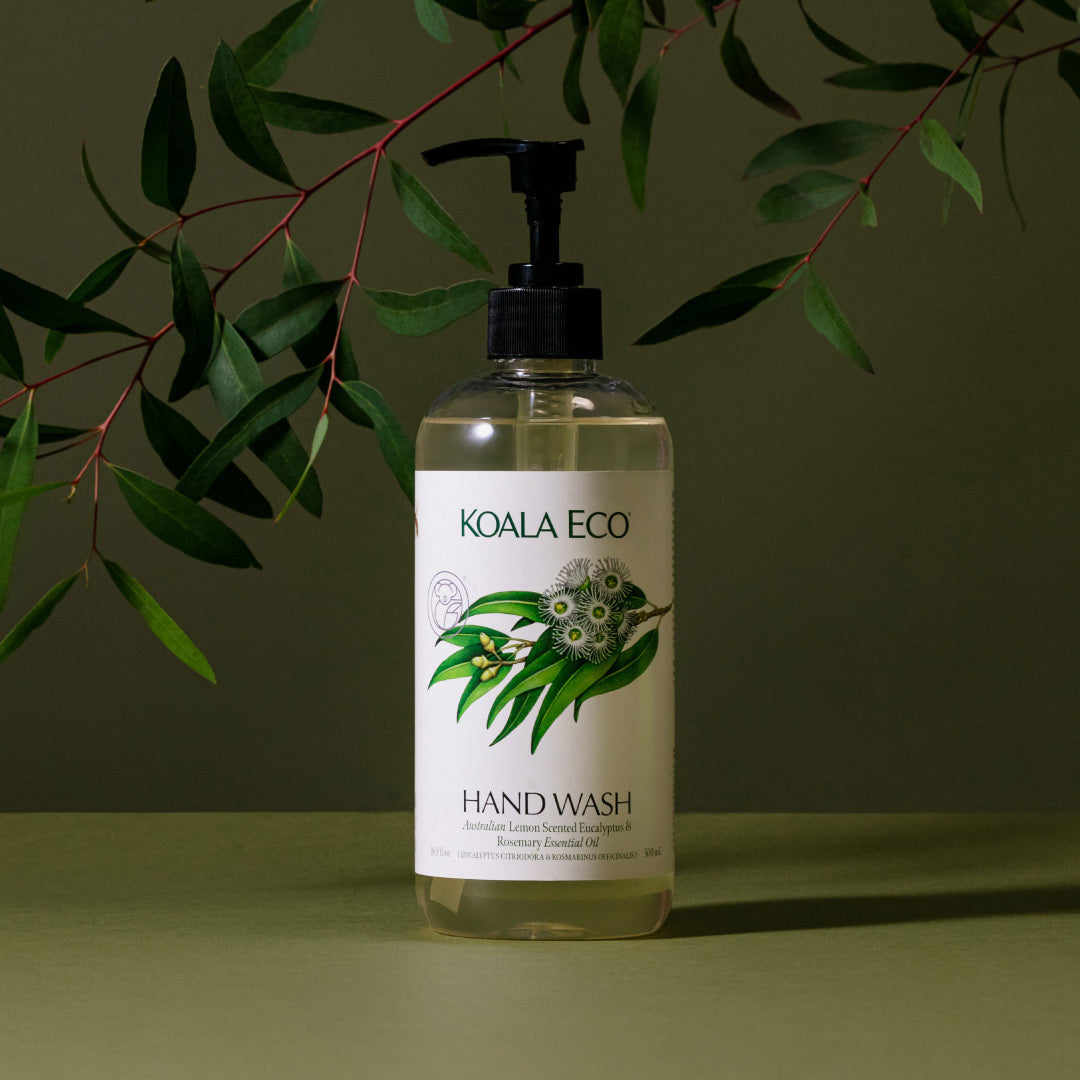
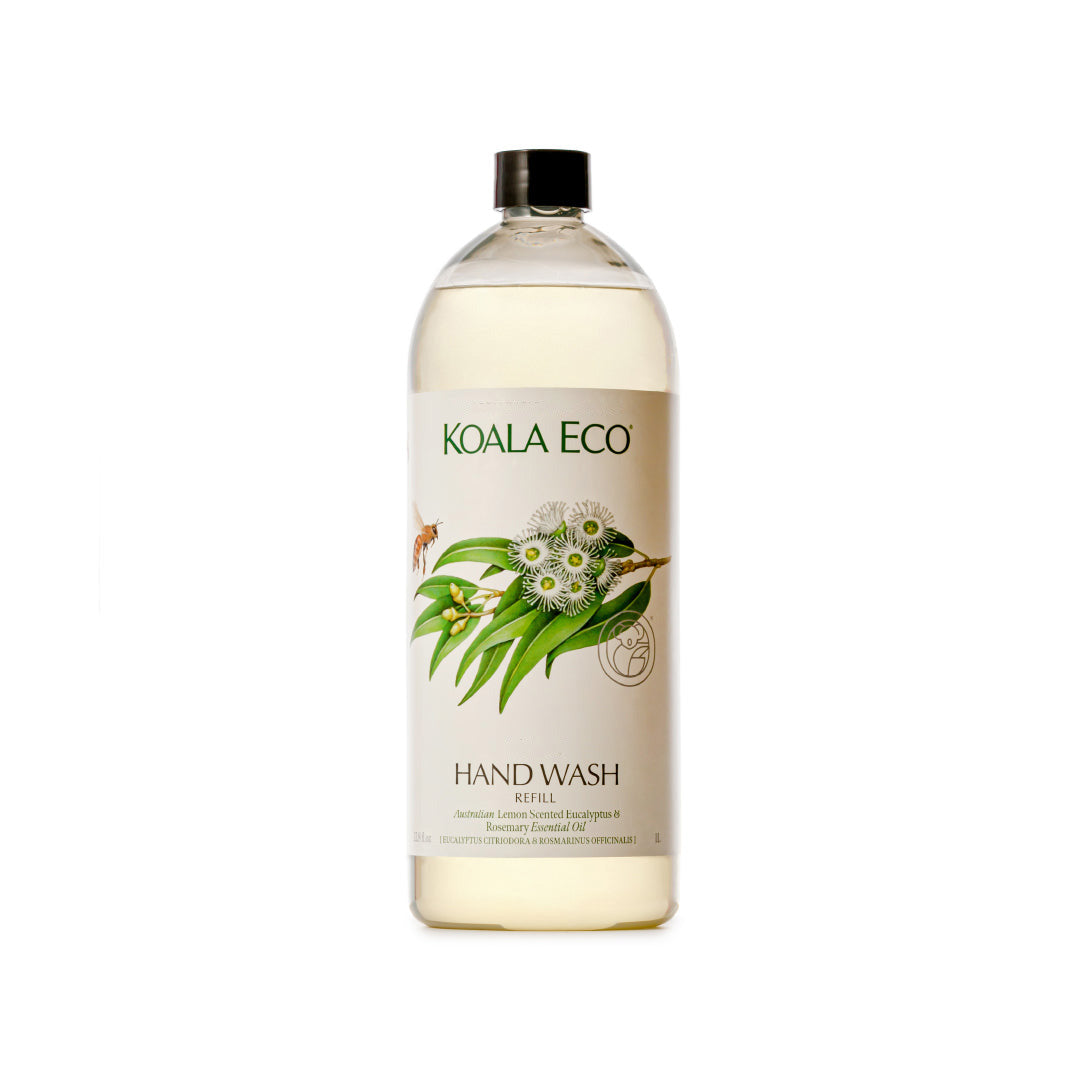
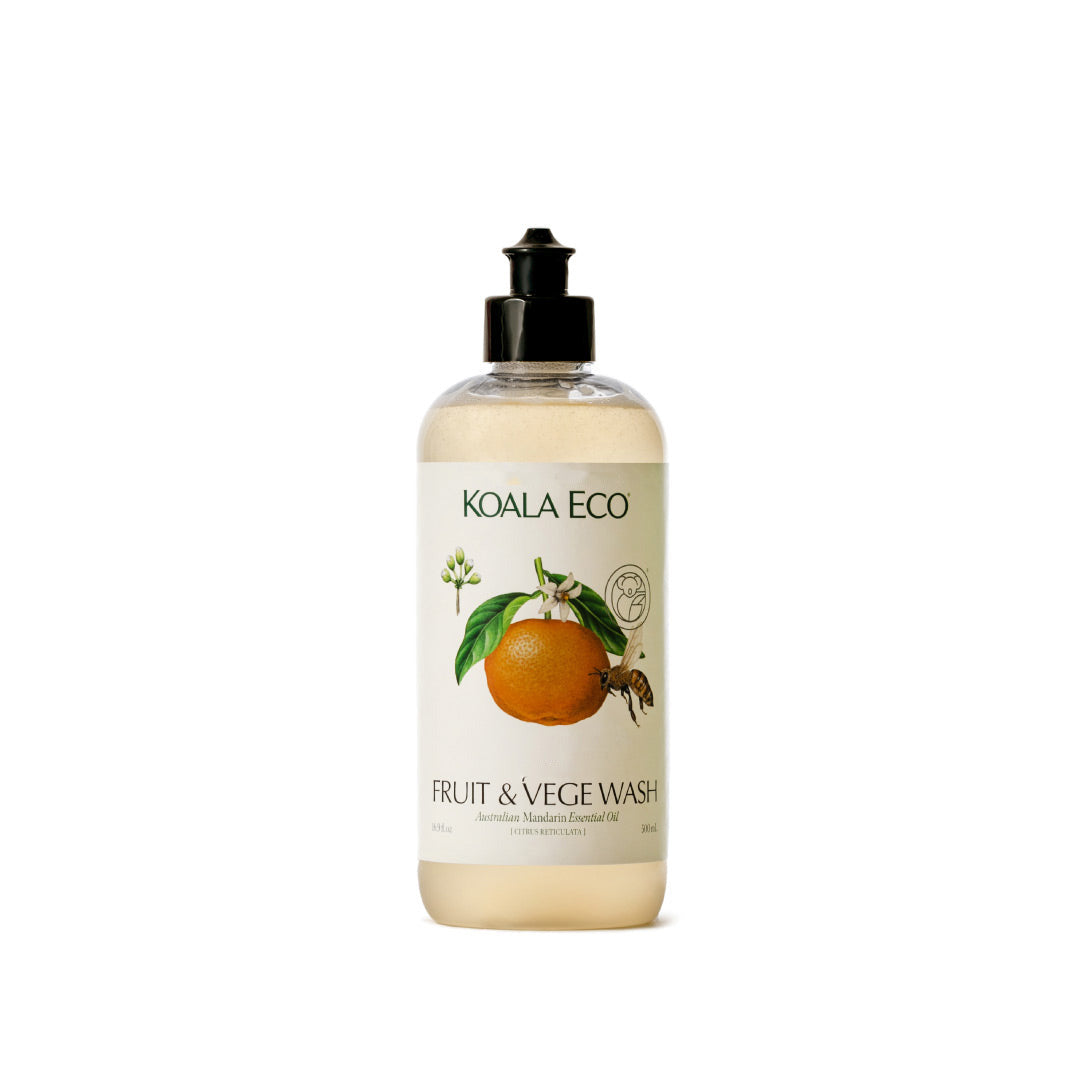
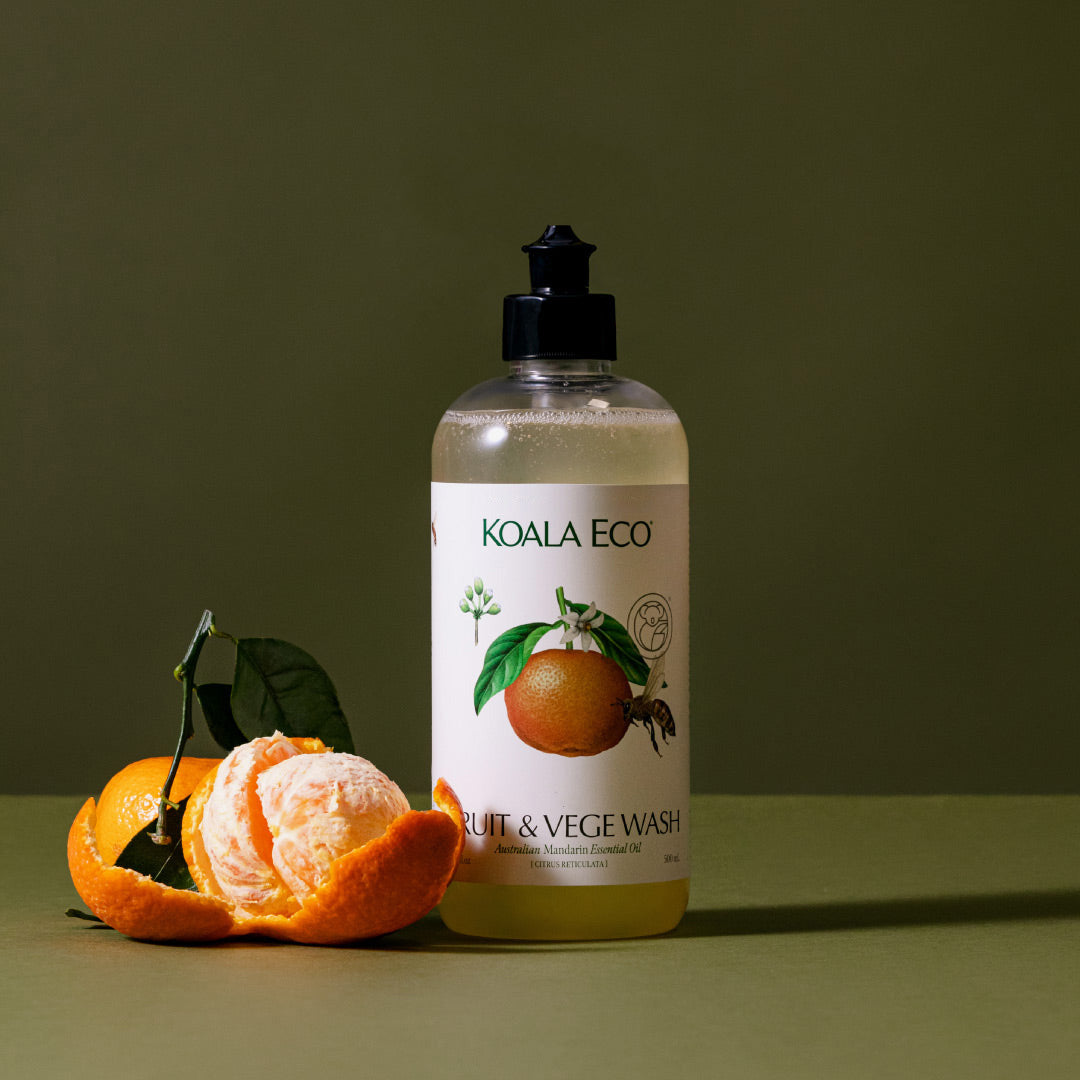






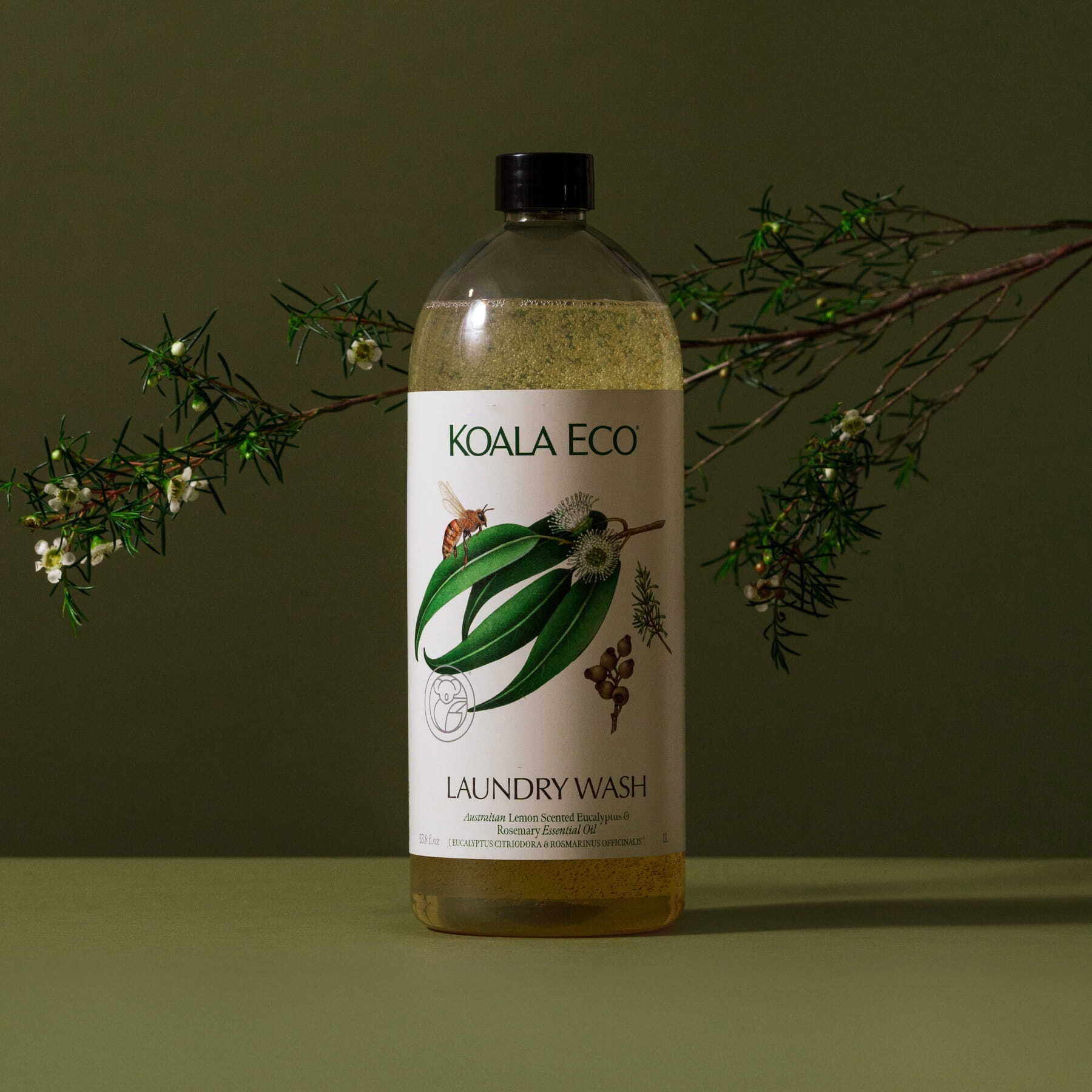
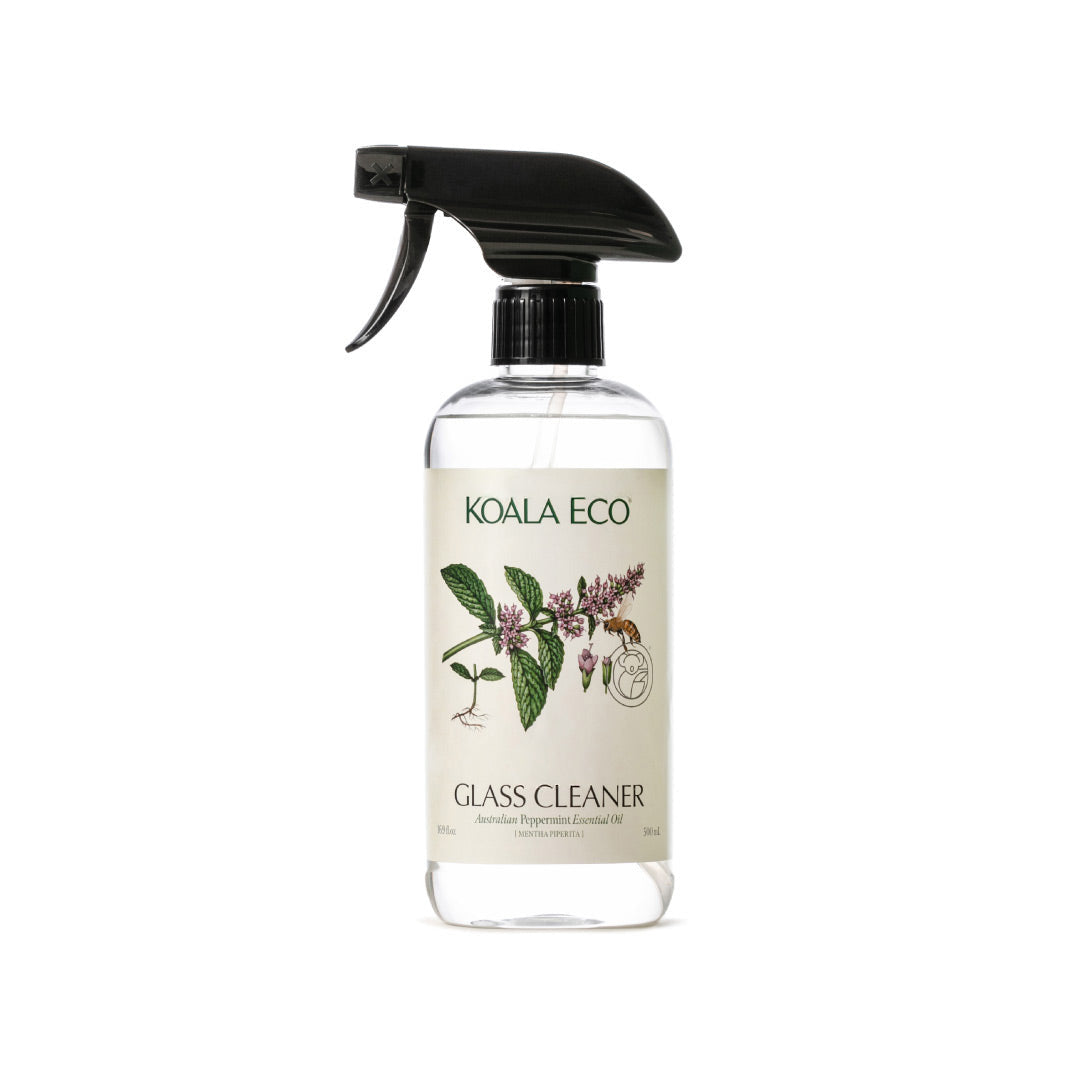
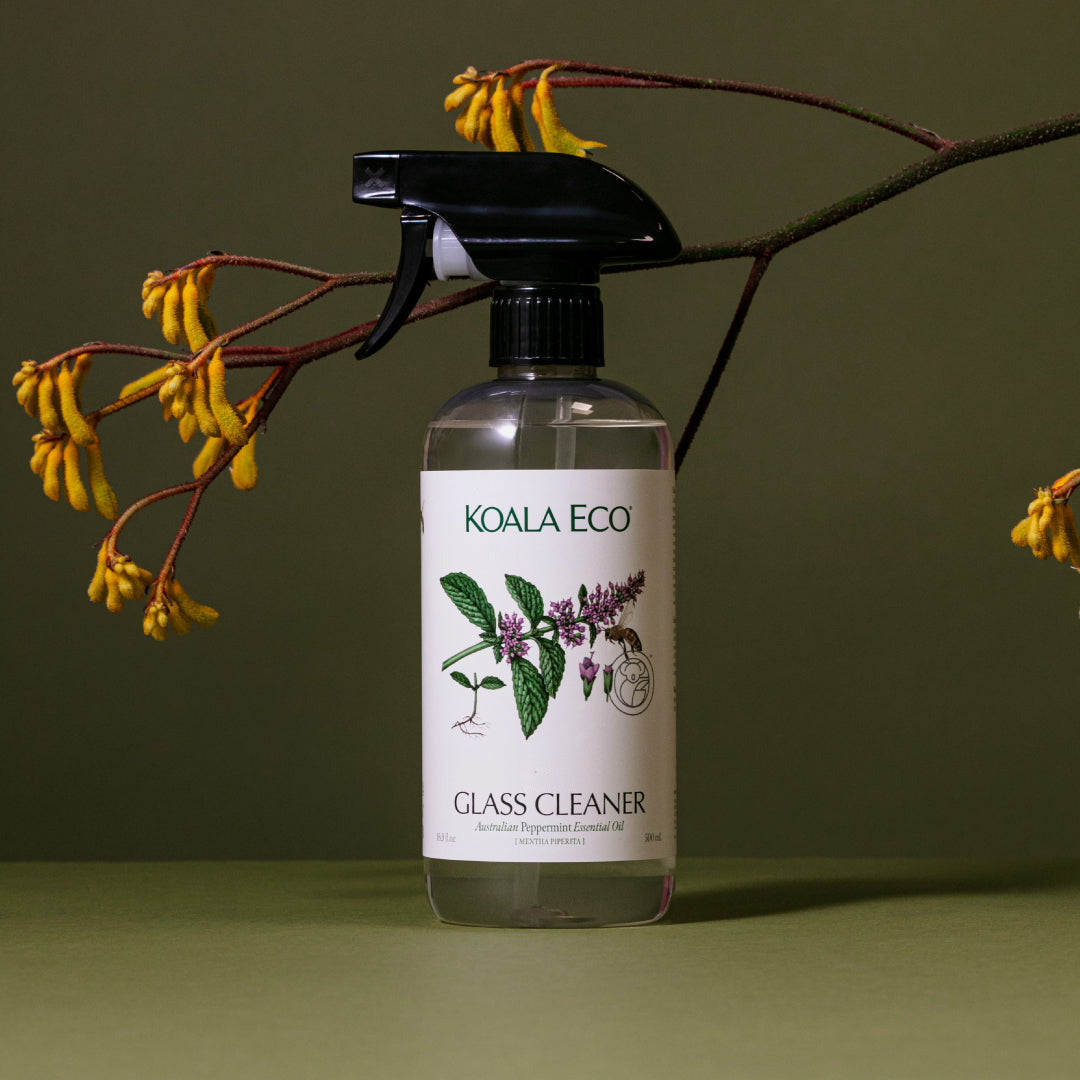
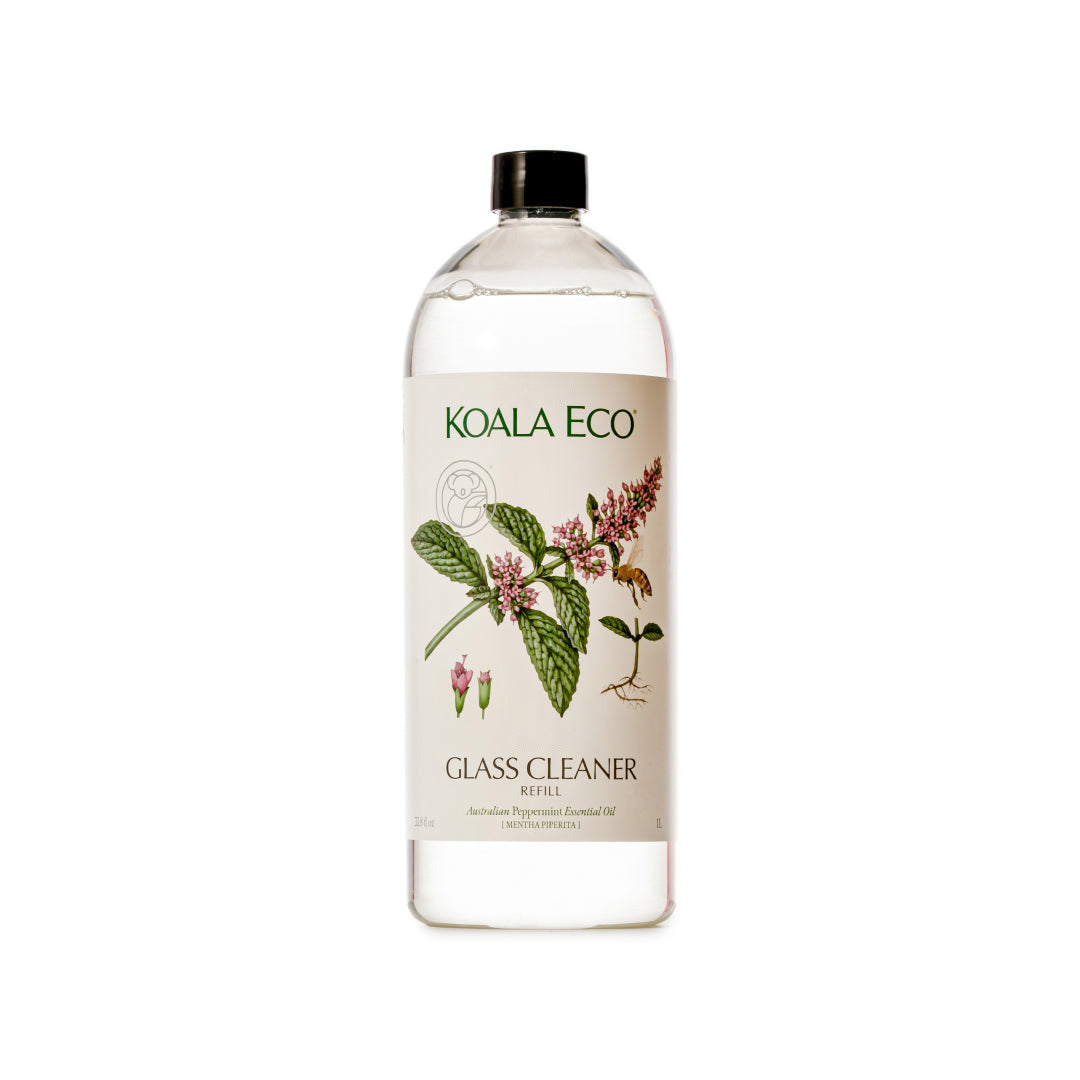


![The Sunday Reset - Inspired by Mandarin [Citrus reticulata]](http://usa-koala-eco.myshopify.com/cdn/shop/articles/KoalaEco-2025-Sunday_Reset-Mandarin-Journal_Banner_07451e10-e73f-497d-989d-2606a2864abf.jpg?v=1760498511&width=2000)